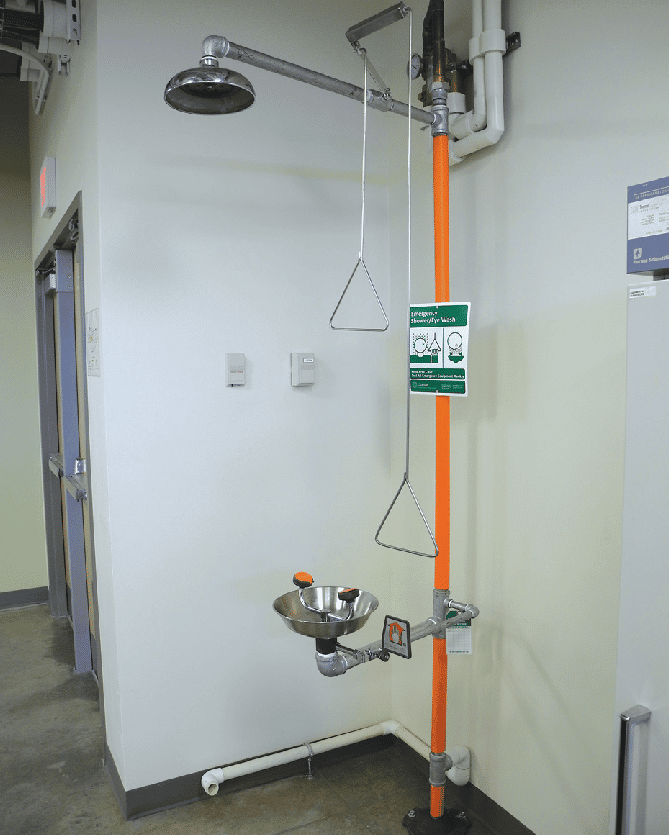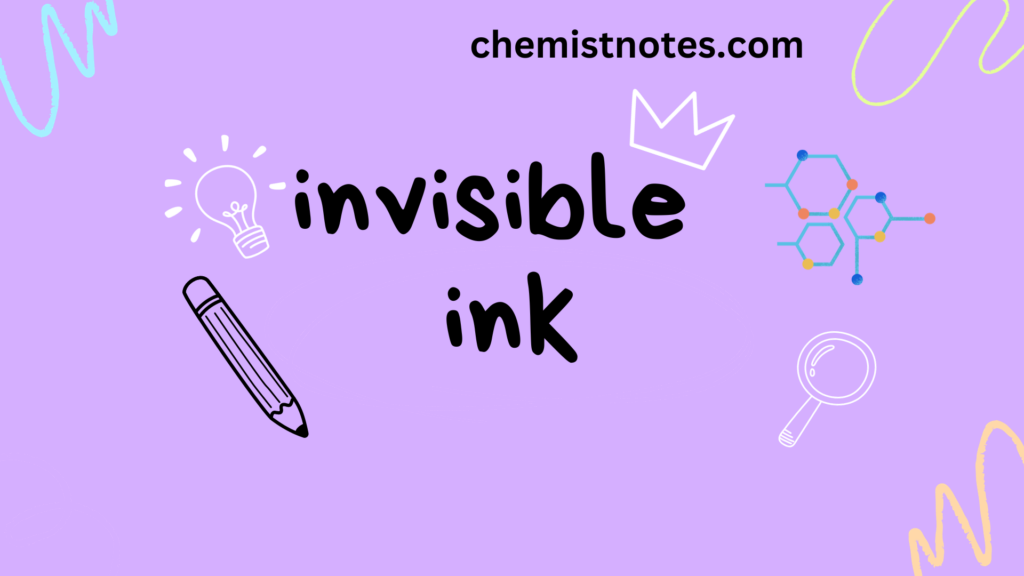Table of Contents
ToggleWe have tried to explain laboratory emergency and response plans as well as what do and don’ts in chemistry laboratory in this blog.
Previously, we have discussed 10 preventive measures for chemical accidents. Although we apply all the preventive for our safety, sometimes we have to face an unexpected accident in the laboratory. What do you do when something unpredicted or unexpected accident happened in the lab? Such accident here is termed laboratory emergencies. We heard in news about such emergencies condition in the lab, leading to massive loss of human life and other physical losses. Therefore, it is necessary to discuss possible emergencies in the laboratory to work safely and to save our life as life matters first. We must plan in advance to respond to emergencies because there will not be sufficient time to make plans during the emergency.
Let’s talk about common emergencies and situations in the laboratory and discuss what quick action can be done to mitigate the damage.
Do you have any idea about what kind of emergencies could take place in the laboratory? Here we have tried to categorize emergencies into the following two:
- Fire related emergency
- Chemical related emergency
- Common injuries
How to respond laboratory emergencies?
Different kinds of emergencies may arise in the lab but common emergencies include fire, chemical spills, common injuries like minor burns and cuts or wounds. First aid responses are also required for minor injuries and serious injuries. So, suppose you are working in the lab and suddenly the above-mentioned emergencies happen, what should you do in such a situation?
- Don’t be panic, stay calm, take a deep breath and then make decison what to do.
- Try to control the situation if you have skill to do safely, otherwise not.
- Don’t do anything hurriedly.
- Your primary responsiblity is your safety. So, leave the lab if you think it it unsafe to stay there.
- If the situation is going worst, use fire alarm to inform all people working there so that people can get outside of the lab as soon as possible.
- Inform about the accident to the respective instructor or department as soon as possbile
This is about the general way of response in general laboratory emergencies. Now, let’s be specific about it.
How to respond the fire emergencies?
One of the most common emergencies is fire in the lab. Fire may be due to leakage of a gas cylinder or due to flammable chemicals or an electrical short circuit. It is considered the most dangerous situation because it may cause burning to our body. Moreover, the burning of chemicals may produce toxic vapors and similarly chances of the explosion of chemicals. So, what can we do when there is a fire in the lab?
1. Turn off the gas valve of the cylinder
If the fire is small and near the cylinder, turn off the gas valve and remove the cylinder from there if possible. The flammable chemicals can also be removed from the lab.
2. Use fire extinguisher
If the fire has expanded to other materials, use fire extinguishers. But what types of fire extinguishers can be used? This all depends on the nature and class of the fires. Don’t worry, we have listed the class of fire and types of extinguisher below:
| Class | Description | Type of extinguishers |
| Class A | Fires involving ordinary combustible substance | Pressurized water, carbon dioxide extinguisher |
| Class B | Fires involving flammable liquids | Dry chemical extinguisher |
| Class C | Fires involving electricity | Dry chemical extinguisher |
| Class D | Fires involving reactive metals | Bucket of sand |
3. Use “Stop, drop and drill”method
If you are on fire or fire caught on your clothing, remove your clothing as soon as possible. But it is better to use the stop, drop and drill method. Don’t worry, we have linked the video below.
4. Use fire blanket
If you have a fire blanket/nonflammable blanket available in the lab, cover the fire with the blanket or you can use it to wrap the victim.
How to respond chemical spills?
During performing experiments in the chemistry lab, there is a chance of getting spills of chemistry in your body. If we get chemical spills on our body parts, the best response which can be done are listed below:
- use spill pillows as soon as possible if available in lab.The spill pillows absorbs liquids and prevents the spread.
- Use emergency shower. The chemical on your cloth and your body is washed away by emergency shower.
What if the chemical splashes in your eyes during experiments? What can be done in such a situation?
- First of all, rinse your eyes with water or flush your eyes immediately at the eyewash.
- After washing your eyes, inform your instructor or search for medical assistance imediately
- If serious injury has occured on the eyes, go immediatly hospitals with your team.

Moreover, one has to face lots of injuries in the lab during the experiments. Sometimes the glass is broken during heating, the glass rod cuts our hands, the reaction mixture explodes, burns, electric shock, and we get exposed to radiation and biological agents, right? In order to face such situations, a first aid response is necessary for the lab. We must learn how to treat the cut or wounds, burns, etc. Therefore, we, mean all the workers of the chemical lab should be ready for laboratory emergency and we must make a response plan to deal with it. Thanks for reading.
Related video:
References:
- The Quote Garden. Quotations on Medical Subjects; available at http://www.quotegarden.com/medical.html (accessed September 18, 2009).
- American Industrial Hygiene Association Laboratory Safety and Health Committee. Laboratory Safety Incidents; available at http://www2.umdnj.edu/eohssweb/aiha/accidents/electrical.htm










One Response
Thank you for mentioning the different types of extinguishers to use in different situations. I am starting an industrial business this year and getting my equipment ready. I will find a great place for dry chemical extinguishers in the area to assist.